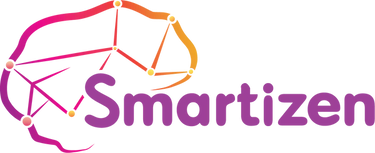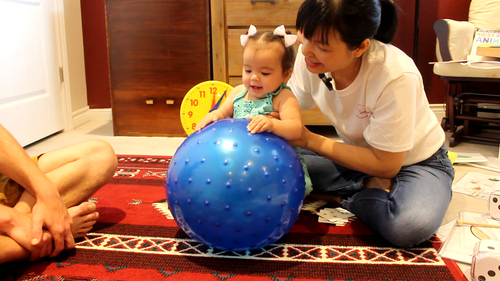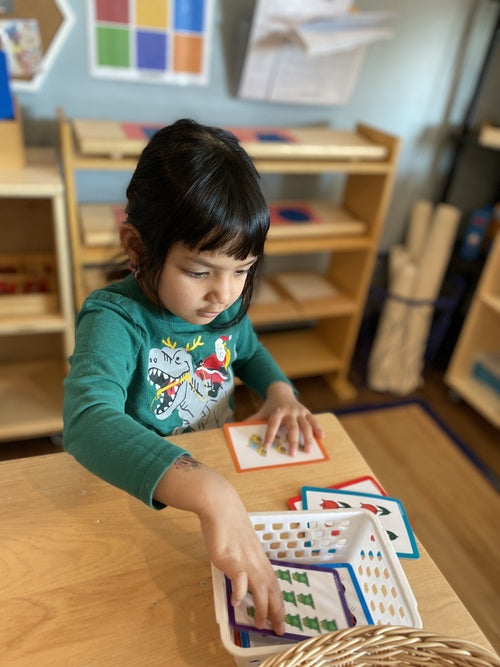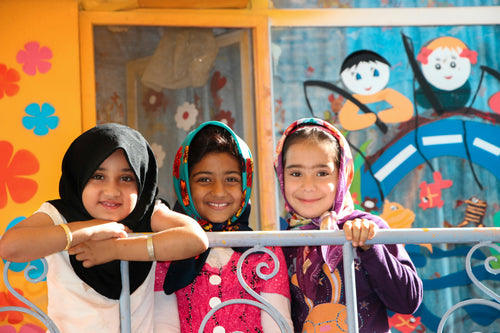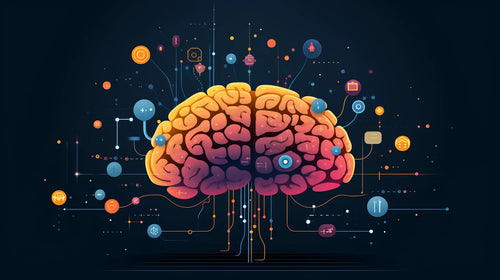In the ever-evolving world of education, parents and educators are constantly searching for innovative methods to help young children reach their full potential. One of the most effective approaches available today is whole brain training. This technique, which engages both the left and right hemispheres of the brain, offers a well-rounded and comprehensive approach to learning. By integrating whole brain training into early education, parents can help children develop crucial cognitive, creative, and emotional skills that will benefit them for life.
What is Whole Brain Training?
To fully understand the benefits, it’s essential to know what whole brain training entails. The brain is divided into two hemispheres: the left hemisphere, which handles tasks related to logic, language, math, and analysis, and the right hemisphere, which is associated with creativity, intuition, imagination, and emotions.
Traditional educational systems often focus heavily on the left brain, emphasizing subjects like reading, writing, and arithmetic. However, this technique engages both sides of the brain, ensuring that children develop holistically. By stimulating both the logical and creative parts of the brain, the programs helps young learners become more adaptable, critical thinkers who can solve problems and think innovatively.
Learn more about our programs for young children here.
Benefits of Whole Brain Training for Young Children
1. Enhanced Cognitive Development
One of the most important benefits of whole brain training is the enhancement of cognitive abilities. By engaging both hemispheres of the brain, children improve their capacity for memory retention, analytical thinking, and problem-solving. Flashcards, which are often used in whole brain training, are a prime example of this technique. These cards are flashed at high speeds, stimulating the brain to process information quickly, improving both short-term and long-term memory.
As children become more accustomed to the rapid pace of information intake, they develop stronger cognitive skills, allowing them to absorb and retain new concepts more effectively. This enhanced cognitive flexibility also helps them adapt to different learning environments and problem-solving scenarios with ease.
2. Improved Creativity and Imagination
A significant benefit of whole brain training is its ability to nurture a child’s creativity and imagination. The right hemisphere of the brain, responsible for creativity, is often underdeveloped in traditional education systems. Through activities like music, art, visual imagery, and storytelling, whole brain training helps children tap into their creative potential.
Children who engage in whole brain training are better equipped to express themselves creatively. They are also more likely to think outside the box, approaching challenges from multiple perspectives. This creative development not only benefits them academically but also encourages them to explore and innovate in other areas of life, such as art, music, and social interactions.
3. Accelerated Learning Speed
An exciting advantage of whole brain training is its ability to accelerate the learning process. Because both hemispheres of the brain are engaged simultaneously, children are able to process and comprehend information more quickly. This results in an accelerated learning pace, allowing children to move through subjects and lessons faster than they would using traditional methods.
During early childhood, when the brain is highly plastic and capable of rapid growth, this accelerated learning is especially beneficial. Whole brain training makes use of the brain's natural ability to form new neural connections, helping children absorb information quickly and efficiently. This sets them on a faster learning trajectory, giving them a head start in both academic and personal development.
Get your free printable flashcards to boost your children learning speed here.
4. Improved Emotional Intelligence
One of the less discussed but equally important aspects of whole brain training is its impact on emotional intelligence (EQ). Emotional intelligence involves understanding one’s own emotions, recognizing the emotions of others, and effectively managing these emotions in social situations. The right hemisphere of the brain plays a significant role in developing these emotional skills.
Through activities that stimulate the right brain, such as role-playing, group activities, and discussions about emotions, children in whole brain training programs become more emotionally aware. They learn to manage their feelings, empathize with others, and navigate social situations more effectively. This improved EQ not only helps them in forming healthy relationships but also contributes to their overall mental and emotional well-being.
5. Enhanced Concentration and Focus
In a world filled with distractions, developing strong concentration skills is crucial for young children. Whole brain training requires children to focus on specific tasks for short, intense periods. Flashcards, for instance, are flashed quickly, requiring full concentration from the child to absorb the information.
Over time, this practice helps children improve their attention span and develop the ability to concentrate for extended periods. As their focus improves, so does their ability to retain information, complete tasks efficiently, and perform better academically. These enhanced concentration skills benefit children not only in the classroom but also in everyday life.
6. Balanced Brain Development
One of the central goals of whole brain training is to ensure that both the left and right hemispheres of the brain develop equally. When the left brain dominates, children may excel in logical subjects like math and language but struggle with creativity or emotional understanding. Similarly, if the right brain is dominant, they may be highly imaginative but find analytical thinking challenging.
Whole brain training strikes a balance between the two, helping children become well-rounded individuals. They develop both the logical reasoning needed for academic success and the creativity and emotional awareness required for personal growth and problem-solving.
7. Improved Problem-Solving Skills
A final key benefit of whole brain training is its positive effect on a child's problem-solving abilities. When both hemispheres of the brain are engaged, children can approach problems from multiple perspectives. The left brain provides logical and analytical skills, while the right brain offers creativity and intuition.
This balanced approach enables children to come up with innovative solutions to problems, whether in academic settings or daily life. The ability to think critically and creatively is a vital skill that will serve children well throughout their lives.
Smartizen Whole Brain Training Program
If you're looking for a structured and research-backed way to introduce whole brain training to your child, the Smartizen Whole Brain Training Program offers an excellent solution. Smartizen is a unique whole-brain training academy for young children that integrates both the Glen Doman and Montessori methods to create an immersive learning environment.
At Smartizen, children are engaged in activities designed to stimulate both the left and right hemispheres of the brain. These include flashcards, sensory play, music, language lessons, and creative arts—all tailored to balance cognitive and emotional development. The program is built around fun, hands-on learning experiences that encourage children to explore their creativity while honing their critical thinking and problem-solving skills.
What sets Smartizen apart is its focus on well-rounded development. In addition to cognitive growth, Smartizen places a strong emphasis on emotional and social development. Teachers and staff are trained to support each child in a personalized manner, ensuring that they thrive in both academic and social settings.
Moreover, Smartizen involves parents in the learning process. Regular newsletters and special events give parents the opportunity to learn about whole brain training, participate in their child’s progress, and reinforce learning at home. The program offers both online and in-person options, making it accessible to a wide range of families.
For parents looking to provide their child with the tools they need to excel academically, emotionally, and creatively, Smartizen’s Whole Brain Training Program is an exceptional choice. By fostering balanced brain development, Smartizen helps children build a solid foundation for lifelong success.
Book a free trial class with us today to experience yourself.
Conclusion
Whole brain training offers numerous benefits to young children, from improved cognitive and creative abilities to enhanced emotional intelligence and focus. By engaging both hemispheres of the brain, children develop into well-rounded individuals who are prepared to handle a wide range of challenges in life.
Programs like Smartizen’s Whole Brain Training Program provide a structured, scientifically backed approach to whole-brain learning, helping children unlock their full potential. By investing in whole brain training, parents can give their children the tools they need to succeed in school and beyond.
Join our Right brain education community here to connect with other parents.
